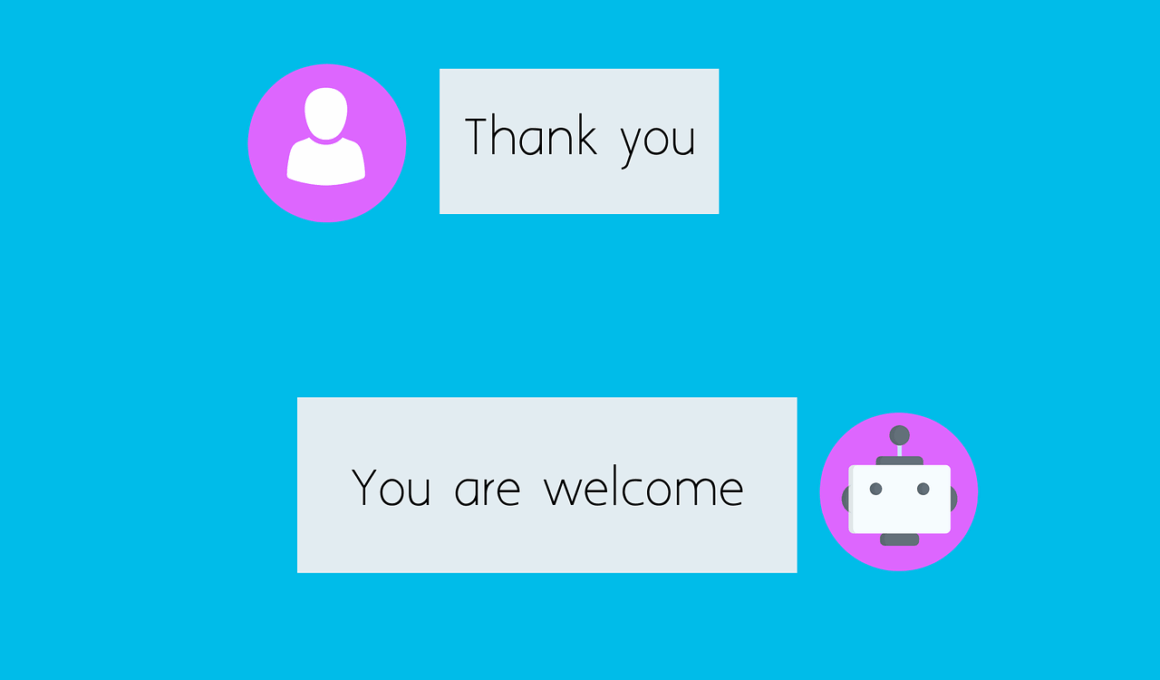Integrating Multi-Channel Customer Data in Social CRM
In today’s digital landscape, customers engage with brands through various channels. Successfully integrating multi-channel customer data in Social CRM is essential for businesses to thrive. This integration allows organizations to have a complete view of customer interactions, preferences, and behaviors. By consolidating data from social media, email, websites, and other platforms, businesses can gain insights that drive personalized communication and targeted marketing strategies. Multi-channel integration also enhances customer engagement as companies can tailor their messaging to specific audience segments. For instance, combining data from social media interactions with purchase history can help identify trends and improve the overall customer experience. Moreover, it enables organizations to track customer sentiment across various platforms, providing valuable feedback for product development and marketing strategies. However, integrating customer data requires careful planning and execution. Businesses must ensure data accuracy and consistency, which can be achieved through effective data cleansing processes. Additionally, organizations should adopt the right technology stack to enable seamless data flow and analytics, facilitating better decision-making and responsiveness in social CRM initiatives. This will ultimately boost customer satisfaction and loyalty.
Challenges in Data Integration
Integrating multi-channel customer data in Social CRM presents several challenges. Different data sources often use varying formats and structures, complicating consolidation efforts. Discrepancies in data quality, such as incomplete or outdated information, can hinder the effectiveness of customer insights derived from the integration. To address these issues, businesses must establish a robust data governance framework that includes regular audits and updates. This ensures that the customer data being utilized is accurate, relevant, and up-to-date. Moreover, organizations should invest in data integration tools that can seamlessly connect various platforms, transforming disparate data into coherent insights. It’s crucial to create standardized processes for data collection and reporting across channels. Furthermore, privacy concerns play a significant role in customer data integration efforts. Companies must comply with data protection regulations, such as GDPR, while managing customer consent effectively. Transparent data handling practices build trust with customers, making them more likely to engage with brands. Therefore, organizations need to prioritize data security and ensure they have the right protocols to protect customer information during the integration process.
Another critical aspect of multi-channel customer data integration in Social CRM is ensuring timely data updates. As customer preferences and behaviors change, businesses must adjust their strategies accordingly. Implementing real-time data integration solutions allows organizations to respond promptly to customer interactions across channels. By collecting and analyzing data in real-time, businesses can identify emerging trends and adapt their marketing strategies effectively. For instance, if a customer frequently engages with a specific product category on social media, targeted promotions can be sent almost instantly, enhancing the customer journey. Additionally, real-time integration helps in managing customer service inquiries more efficiently, leading to improved customer satisfaction. Automating parts of the data integration process can further streamline operations and minimize manual errors. Advanced technologies such as Artificial Intelligence can be leveraged to predict customer behavior, allowing for proactive engagement. As the landscape of customer interaction continues to evolve, organizations must remain agile. Investing in scalable integration solutions enables businesses to keep up with the rapid pace of change, making them more competitive. Ultimately, a well-integrated multi-channel approach supports better customer relationships and drives long-term business success.
The Role of Technology and Tools
Technology plays a crucial role in successful multi-channel customer data integration within Social CRM strategies. Various tools and platforms are available that offer capabilities for seamless data consolidation and analysis. Customer Relationship Management (CRM) software often includes specific modules geared towards social data integration. These tools facilitate the gathering and synthesis of customer interactions from diverse sources, enabling businesses to create comprehensive customer profiles. When evaluating technology solutions, it’s essential for organizations to consider factors such as scalability, ease of integration, and the ability to handle large volumes of data. Moreover, organizations may benefit from utilizing Data Management Platforms (DMPs) that specialize in collecting and organizing customer data from multiple channels. These platforms can enhance audience segmentation and targeting, leading to more effective marketing campaigns. As technology continues to advance, options for data analytics and visualization grow, allowing businesses to derive actionable insights more efficiently. Moreover, APIs (Application Programming Interfaces) serve as vital connectors, enabling different systems to communicate and share data effectively. In conclusion, using the right technology is key to achieving successful integration of multi-channel customer data.
Furthermore, training and empowering staff to utilize data effectively is essential for maximizing the benefits of integrated customer data. Employee familiarity with CRM tools and data analysis techniques can significantly enhance the overall effectiveness of Social CRM strategies. Organizations should invest in ongoing training programs that enable teams to leverage data-derived insights in their daily operations. Encouraging collaboration between marketing, sales, and customer service teams fosters a more holistic understanding of customer needs and preferences. Cross-functional teams can utilize integrated data to deliver more cohesive messaging and service. This approach also improves the coherence of customer touchpoints, ensuring that customers perceive a unified brand experience across all channels. Regular workshops and knowledge-sharing sessions can help teams stay updated on the latest trends in data integration. Therefore, prioritizing the development of internal expertise and creating a culture of data-driven decision-making are critical components in the effective integration of customer data. Not only does this lead to improved performance, but more importantly, it enhances the overall customer experience, fostering long-lasting relationships.
Case Studies of Successful Integration
Examining case studies of businesses that have successfully integrated multi-channel customer data in Social CRM can provide valuable insights. Companies that have embraced comprehensive data integration often report improved customer satisfaction and increased sales. For instance, a well-known retail brand leveraged social listening tools alongside their CRM to gain insights into customer sentiment. By analyzing interactions across platforms, they were able to develop targeted campaigns that resonated with their audience. This led to a significant uplift in engagement and conversion rates. Another example is a B2B company that integrated their customer data from social media, email marketing, and their website. This integration allowed them to identify key customers and tailor their reach accordingly, ultimately resulting in higher retention rates. Such case studies exemplify the potential of multi-channel integration and highlight best practices that can be adopted by other organizations. It is beneficial for businesses to continually learn from these examples, adapting successful strategies to their unique challenges and contexts. By doing so, they can enhance their own Social CRM initiatives and achieve better results.
In conclusion, integrating multi-channel customer data in Social CRM is not just a technical requirement; it is essential for enhancing customer engagement and retention. The many aspects involved, from data quality management to leveraging technology and training teams, all contribute to the success of these integrations. Organizations must remain proactive in navigating the challenges of data integration. Given the rapidly evolving digital landscape, companies that successfully integrate multi-channel data will be able to stay ahead of the competition by understanding their customers better. This holistic approach not only improves marketing effectiveness but also enhances customer loyalty. As more businesses recognize the importance of data integration, the landscape of customer relationships will continue to transform. By focusing on the strategic aspects of data integration and harnessing the power of technology, organizations can foster deeper connections with customers, leading to sustained growth. Ultimately, investing in Social CRM capabilities will yield significant benefits, affirming the importance of integrating customer data across multiple channels.


